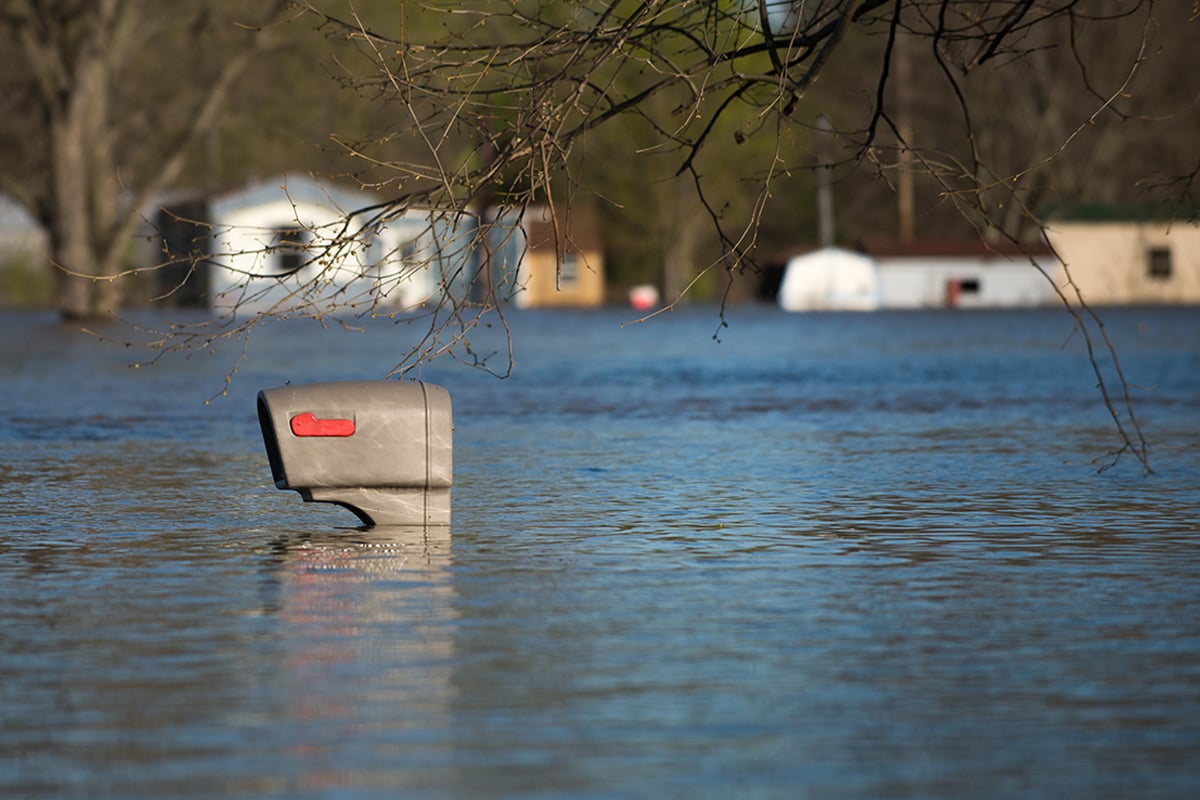Last year, the flooding disaster at Rivervue retirement village in Maribyrnong unveiled heart-wrenching stories of trauma and displacement, highlighting central oversight and policy challenges. The incident that left about 70 people without homes and 47 homes inundated thrust elderly residents into the center of a Victorian parliamentary inquiry investigating the factors leading to the disaster.
Stanislaw Korkliniewski, a resident at Rivervue since 2018, likened the displacement to his harrowing experiences of escaping war-torn Germany during the Second World War, saying he felt like a “refugee for a second time.” “The weight of depression, anxiety and panic attacks became my norm,” he shared, revealing that this traumatic event led to him being diagnosed with PTSD. On the financial end, another resident, Colin Waters, lamented the stark depreciation of his home’s value, which he believes went from $1.3 million to being “pretty much worthless” post-flood.
Furthermore, Waters commented on the urgency for change, stating, “Nobody can change God’s laws of physics. Further floods are guaranteed unless protection works are initiated.” This statement was underpinned by a review by Melbourne Water, which found Rivervue as still at flood risk, exacerbated by the looming threat of climate change.
The same review advised Melbourne Water to reassess its endorsement of flood and finished floor levels at Rivervue from 2009. It also emphasized the need for better forecasting and warning systems. Shockingly, on the day of the flood, Korkliniewski mentioned he received no emergency warnings, leading him to take charge and notify other residents of the looming danger.
Allegations of negligence were also raised during the inquiry, with Korkliniewski accusing Tigcorp, the retirement village operator, of under-insuring the site. Reports indicated that while Rivervue had a flood insurance limit of just $5 million, the assets were valued at over $80 million.
Moreover, it surfaced that Melbourne Water had previously endorsed planning changes in 2016, permitting construction closer to the Maribyrnong River on land deemed unsuitable for building. Consequently, many homes alongside the Maribyrnong River might soon become uninsurable, with insurance premiums skyrocketing.
In a silver lining, Melbourne Water has affirmed that a flood management plan for the retirement village is currently in the works.
In the wake of these revelations, it becomes imperative for authorities to address both the emotional trauma of the residents and the tangible issues that led to this catastrophe. Ensuring that no stone is left unturned in investigations and subsequent actions will be crucial in rebuilding trust and safeguarding the future of such vulnerable communities.







